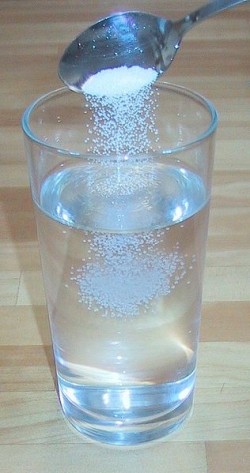Catalent and BASF team up to solve the bioavailability problem

In a new open alliance, the firms will provide services for researchers who have solubility or permeability problems over their molecular entities, specifically for BCS (Biopharmaceutics Classification System) Class II and IV substances.
The new “seamless” package include services for feasibility studies across multiple technologies, solid state chemistry, formulation, excipients and optimal dose form development, through to scale-up and supply.
Catalent will provide its OptiMelt hot melt extrusion tech, as well as its Softgel platform, whilst BASF brings its excipients and formulation components know-how, such as the Soluplus technology.
Nick Johnson, strategic marketing director for Catalent told Outsourcing-Pharma, now is the time to jump into the solubility solutions game: “As drug candidates have become increasingly complex, bioavailability has emerged as a critical challenge.
“Effectively addressing the technical challenges will lead to an increase in the productivity of clinical pipelines, giving a better return for R&D investment.”
He said the new offering is a “unique solution” which simplifies the process of making drugs more efficient, with the goal of getting products to market quicker.
Ralf Fink, VP of global marketing for BASF’s pharma ingredients services, added: "With our broadest portfolio of solubilisers and excipients for hot-melt extrusion, coupled with Catalent’s strengths in development, formulation and manufacturing, we are in a unique position to solve the solubility challenge.”
Not just for new molecules
The companies were keen to stress that the service is not aimed squarely at newly discovered molecules.
Johnson said: “It could even mean that some candidates that were withdrawn due to bioavailability issues could be re-examined.”
However he did say the sooner the tech is used on a compound the better.
“Effective formulation of poorly soluble drugs, at an early stage of development, will lead to optimal product profiles; for example, drugs having reduced patient pill-burden, resulting in better compliance,” he added.
Working globally
When Outsourcing-Pharma asked if the service would be provided to emerging countries as well as in Europe and the US, Johnson replied: “The service is focused on enabling the effective development and commercialisation of pharmaceuticals that have poor bioavailability.
“As a global company we are well placed to bring this capability to innovator companies, irrespective of their location.”

















